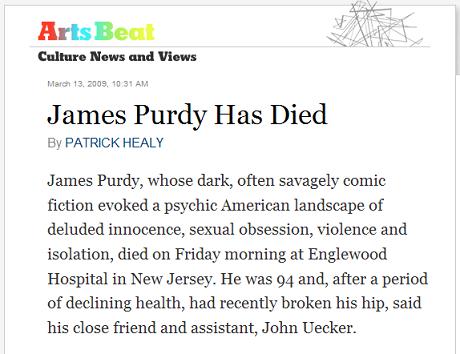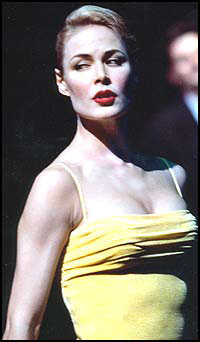Mathematics and Narrative, continued
"… a vision invisible, even ineffable, as ineffable as the Angels and the Universal Souls"
— Tom Wolfe, The Painted Word , 1975, quoted here on October 30th
"… our laughable abstractions, our wryly ironic po-mo angels dancing on the heads of so many mis-imagined quantum pins."
— Dan Conover on September 1st, 2011
"Recently I happened to be talking to a prominent California geologist, and she told me: 'When I first went into geology, we all thought that in science you create a solid layer of findings, through experiment and careful investigation, and then you add a second layer, like a second layer of bricks, all very carefully, and so on. Occasionally some adventurous scientist stacks the bricks up in towers, and these towers turn out to be insubstantial and they get torn down, and you proceed again with the careful layers. But we now realize that the very first layers aren't even resting on solid ground. They are balanced on bubbles, on concepts that are full of air, and those bubbles are being burst today, one after the other.'
I suddenly had a picture of the entire astonishing edifice collapsing and modern man plunging headlong back into the primordial ooze. He's floundering, sloshing about, gulping for air, frantically treading ooze, when he feels something huge and smooth swim beneath him and boost him up, like some almighty dolphin. He can't see it, but he's much impressed. He names it God."
— Tom Wolfe, "Sorry, but Your Soul Just Died," Forbes , 1996
"… Ockham's idea implies that we probably have the ability to do something now such that if we were to do it, then the past would have been different…"
— Stanford Encyclopedia of Philosophy
"Today is February 28, 2008, and we are privileged to begin a conversation with Mr. Tom Wolfe."
— Interviewer for the National Association of Scholars
From that conversation—
Wolfe : "People in academia should start insisting on objective scholarship, insisting on it, relentlessly, driving the point home, ramming it down the gullets of the politically correct, making noise! naming names! citing egregious examples! showing contempt to the brink of brutality!"
As for "mis-imagined quantum pins"…
This journal on the date of the above interview— February 28, 2008—

Illustration from a Perimeter Institute talk given on July 20, 2005
The date of Conover's "quantum pins" remark above (together with Ockham's remark above and the above image) suggests a story by Conover, "The Last Epiphany," and four posts from September 1st, 2011—
Boundary, How It Works, For Thor's Day, and The Galois Tesseract.
Those four posts may be viewed as either an exploration or a parody of the boundary between mathematics and narrative.
"There is such a thing as a tesseract." —A Wrinkle in Time












































